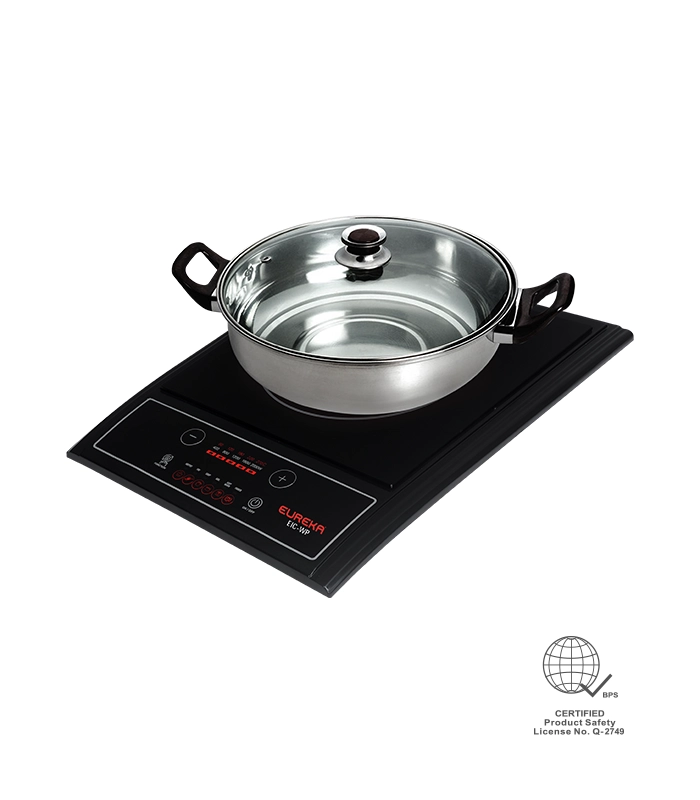
Energy-efficient home appliances, such as induction stoves, are transforming modern living by offering both convenience and sustainability. Induction stoves, for example, utilize electromagnetic energy to directly heat cookware, which reduces heat loss and significantly lowers electricity consumption compared to traditional gas or electric stoves. This energy-efficient method of cooking not only conserves power but also minimizes the carbon footprint, making it a more environmentally friendly option for households.
In addition to their efficiency, induction stoves contribute to healthier living environments by eliminating indoor air pollution. Unlike gas stoves, which release harmful emissions like carbon monoxide and nitrogen dioxide, induction stoves produce no fumes, making them a safer choice for homes. This reduction in indoor air pollution is especially important in urban areas where air quality can be a concern. Furthermore, induction stoves offer precise temperature control, making cooking more convenient and safe by preventing overheating or accidental burns.
Modern home appliances, beyond just induction stoves, are designed to be more energy-efficient, helping to reduce the overall environmental impact of households. From refrigerators and washing machines to air conditioners and lighting systems, energy-efficient appliances use less power, reducing both utility bills and greenhouse gas emissions. By investing in these appliances, consumers can contribute to sustainability efforts while enjoying the benefits of lower energy consumption, making them an essential part of eco-friendly, modern living.
